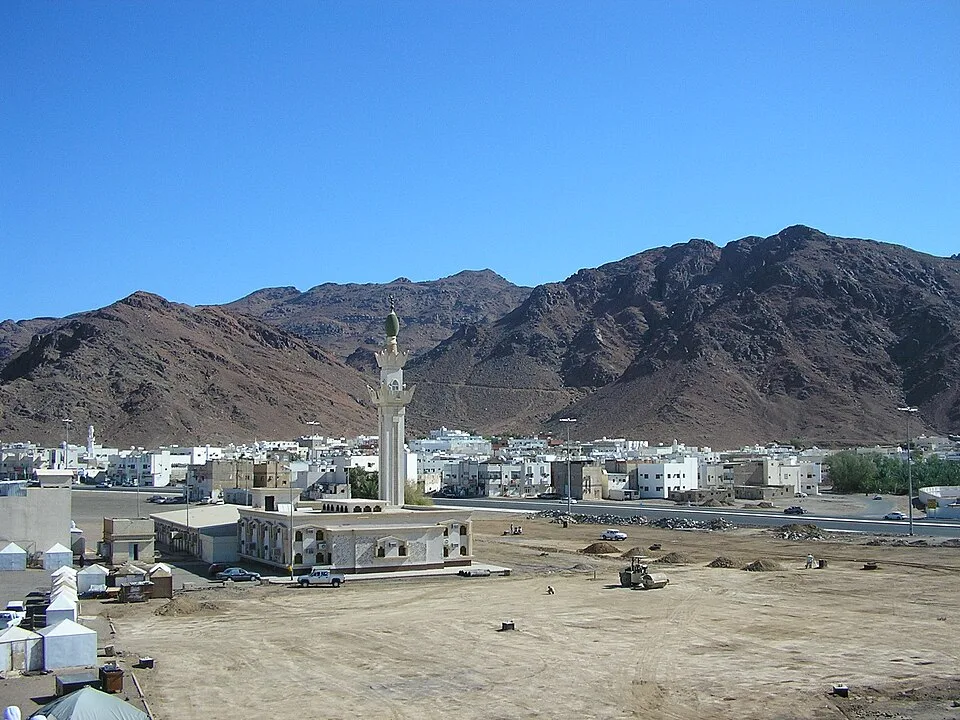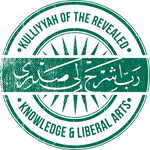How to Choose the Right School?
Selecting the best fit Islamic schooling for your children is a crucial decision that impacts their spiritual, moral, and academic development. With various options available, it’s essential to consider some key aspects to select the right campus for your children such as:

Teaching Methodology
Consider your child’s learning style when selecting a school particularly at Kindergarten level. Some children thrive in a live, interactive classroom setting where they can ask questions and receive immediate feedback, while others may prefer a more self-paced learning approach with pre-recorded videos and downloadable materials.
Look for a program that offers flexibility and a variety of teaching methods to cater to different learning preferences.

Flexibility and Accessibility
Look for the schools that provide flexible options and access to resources for students and parents. This flexibility allows you and your community to learn and accommodates Islamic grooming at different learning environments.
Qualified and Committed Educators
Look for programs with instructors who possess right Islamic persona, knowledge and experience in teaching children. They must be influencer icons to inspire children to connect with Allah SWT and prophet Muhammad SM. Additionally, the ability to engage with students and foster a positive learning environment is essential for effective teaching and learning.

Comprehensive Coverage of Core Learnings
Do not compromise with any non-Islamic, pseudo-Islamic and any innovation or new practice (bid’ah) introduced into Islam that is not rooted in the Quran or the Sunnah. Observe the campus climate along with lifestyle of teacher, staff, students and parents. Any publicly sinful behavior, practice and association should disqualify the school to enroll your children.
Review the academic curriculum and co-curricular activities in detail to ensure it aligns with Islamic parameters and covers the subjects you deem important. A well-rounded curriculum should offer a holistic understanding of Islam and practical application in daily life.
Look for a curriculum that covers all essential aspects of Islamic education, including Quranic studies, Aqidah (creed), Fiqh (jurisprudence), Tazkiyah (sanctification), Hadith, Seerah (biography of the Prophet) and Arabic language based on the proven guideline of internationally acclaimed academic institution/s and the right manhaj (the systematic method of upholding Aqidah and performing amal/deeds)

Muslim Children Appropriate Content
Selecting a curriculum with Islamically prescribed content is essential for children’s firm attachment with the Deen. Younger children benefit from interactive and visually appealing materials that introduce them to basic concepts through different activities.
Older children require more detailed and structured content that challenges their critical thinking and deepens their understanding. The learning experience should be enjoyable and effective, catering to the developmental needs of each age group.
Ensuring that the curriculum is age-appropriate and progressively builds on previous knowledge is vital for effective learning. This approach helps prevent frustration and boredom, fostering a positive attitude toward Islamic learning.
